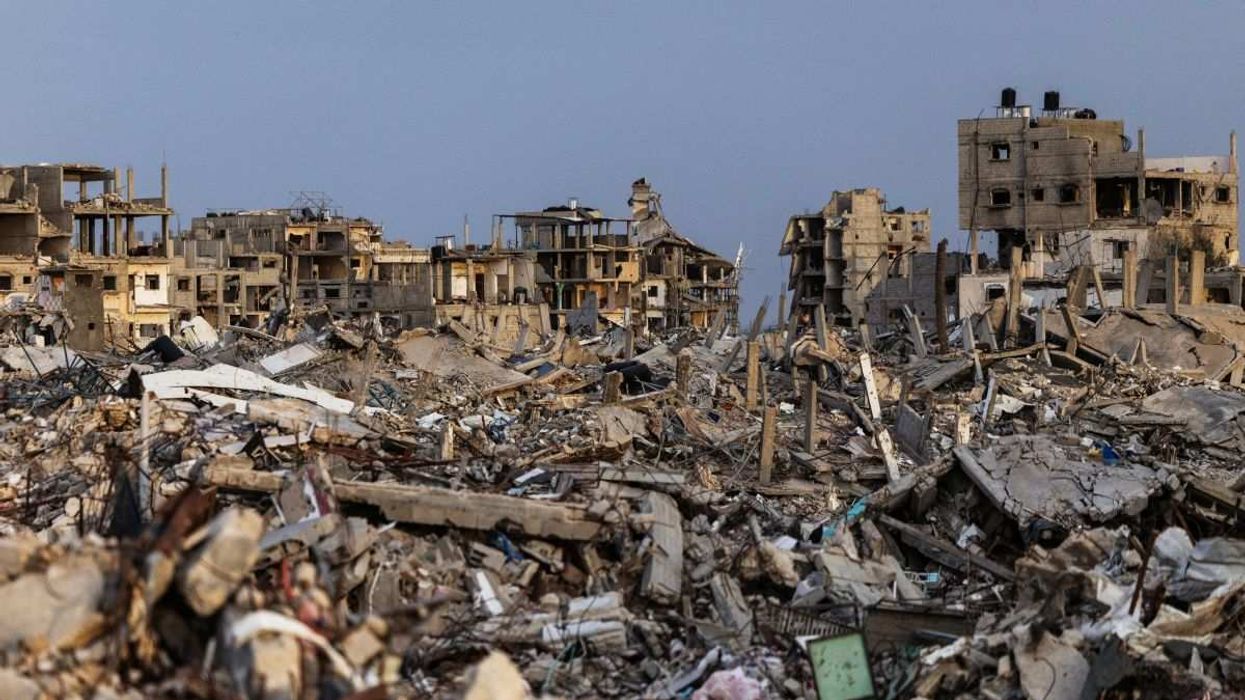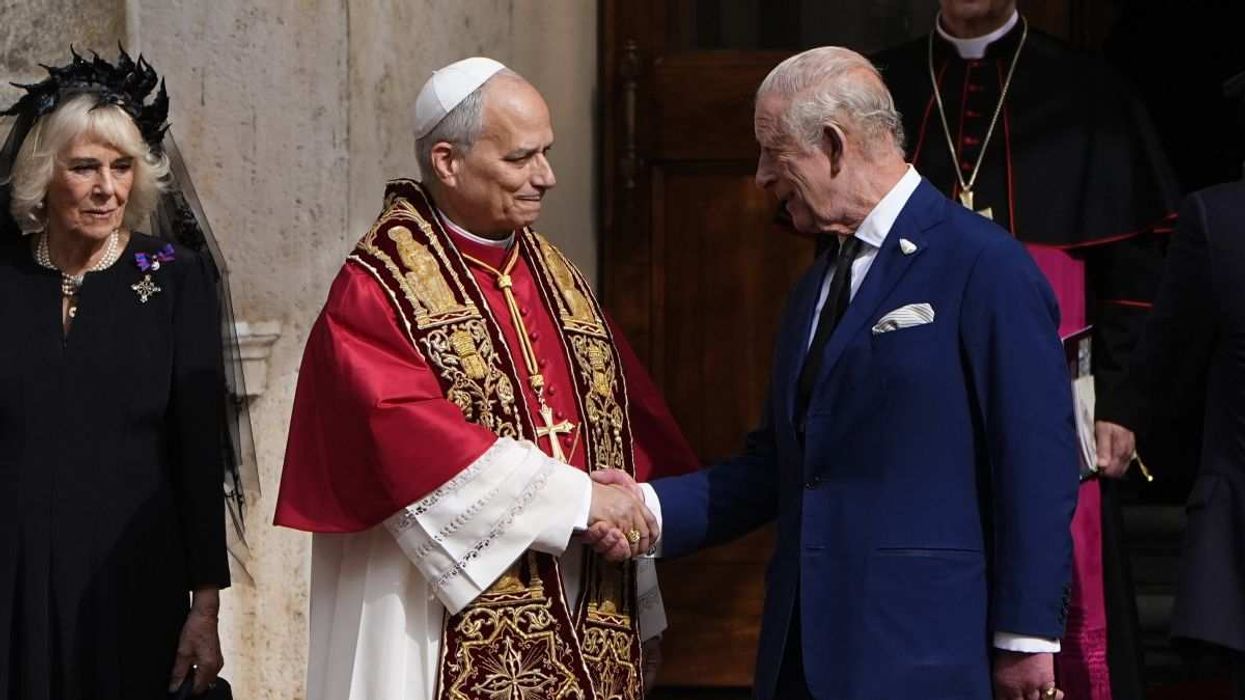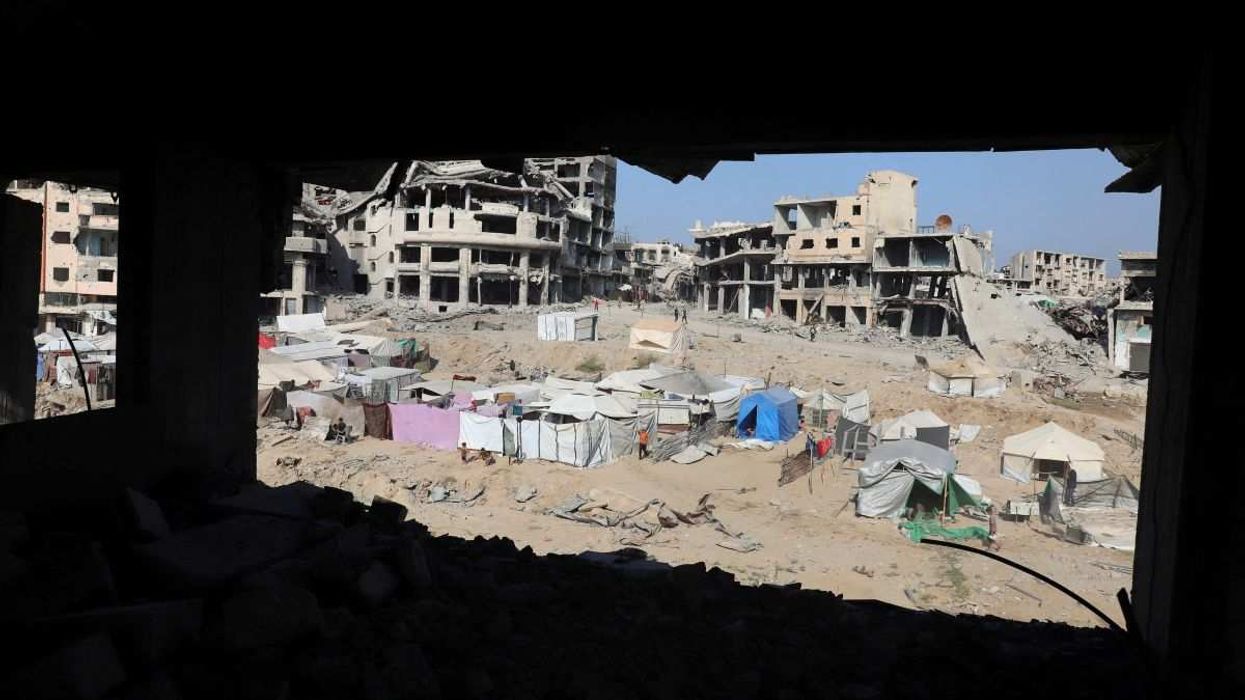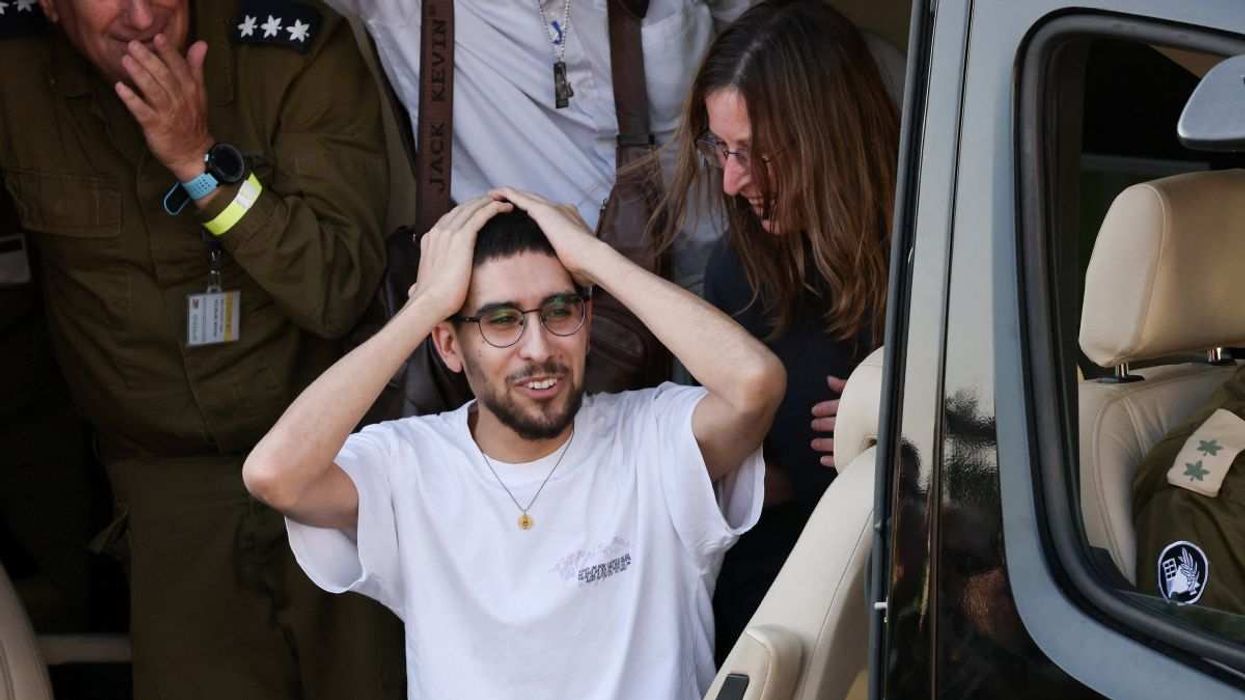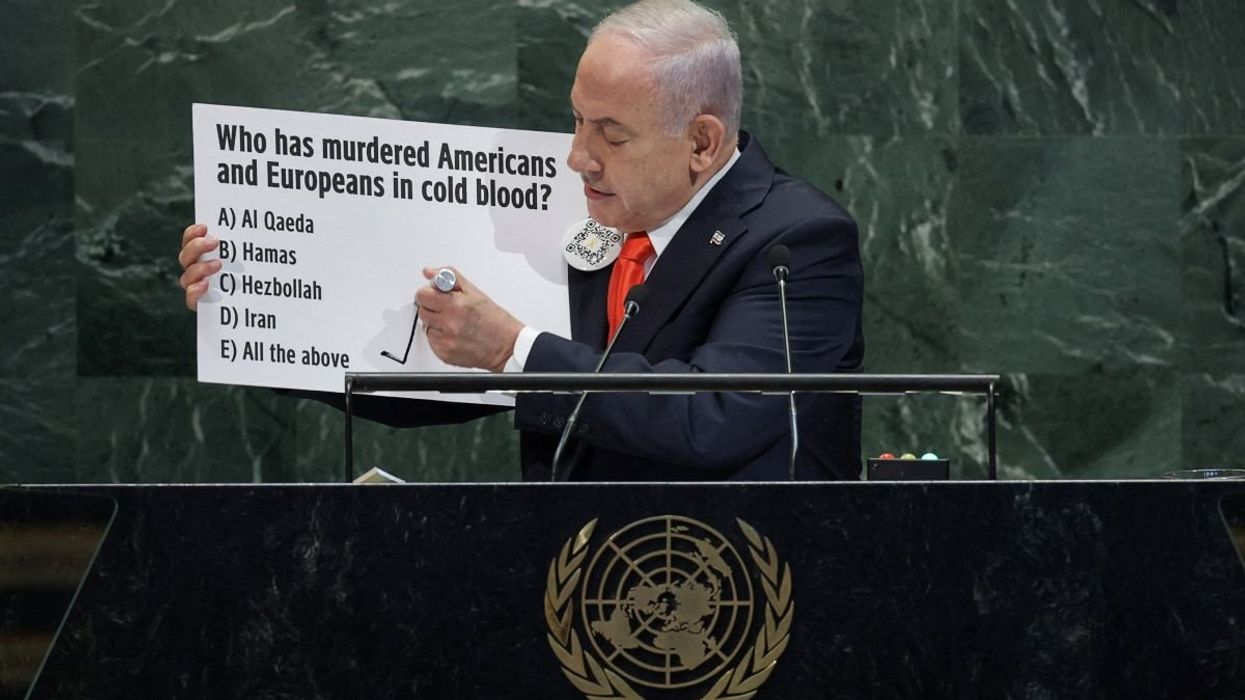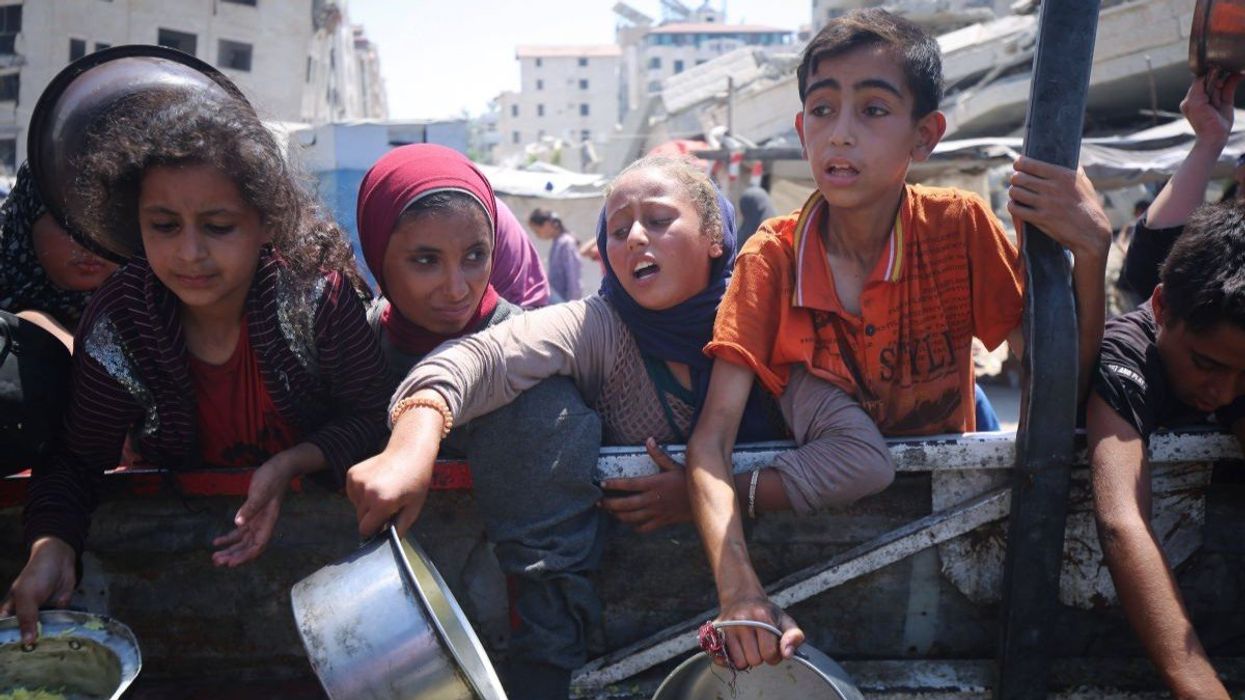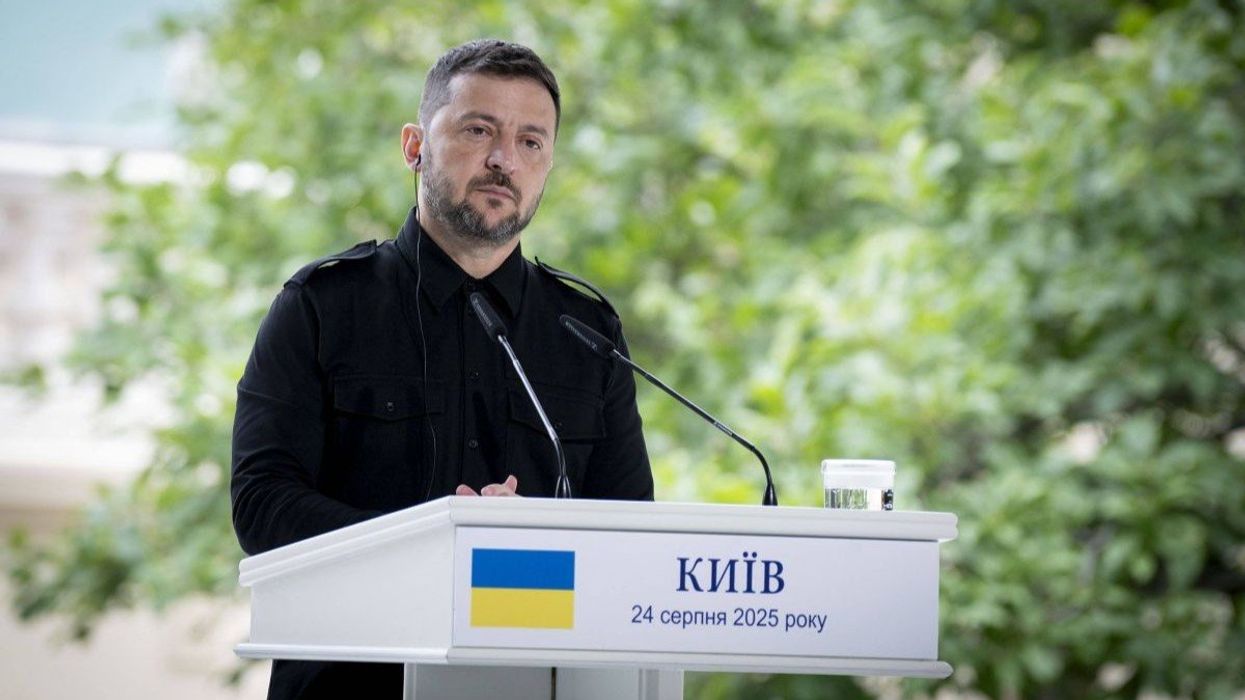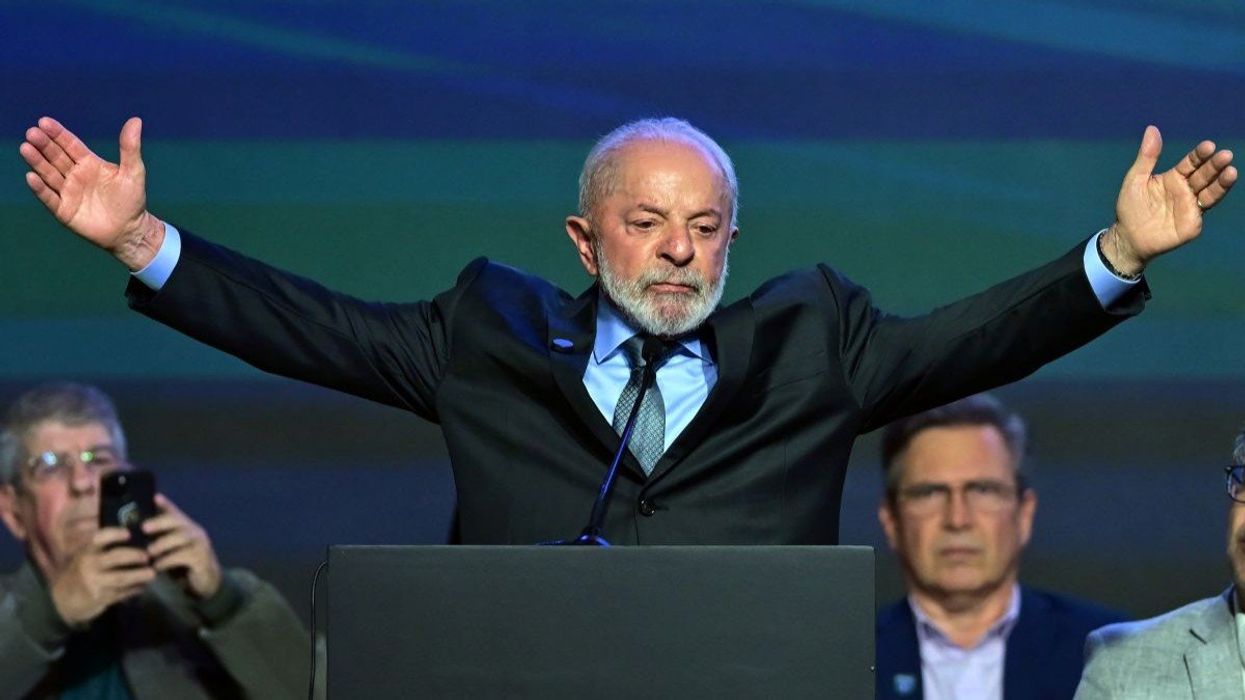GZERO World Clips
Israel is still banning foreign media from entering Gaza
Despite a ceasefire in Gaza, Israel is still not letting foreign journalists in to independently verify what’s happening on the ground, CNN’s Clarissa Ward tells Ian Bremmer on GZERO World.
Dec 23, 2025



